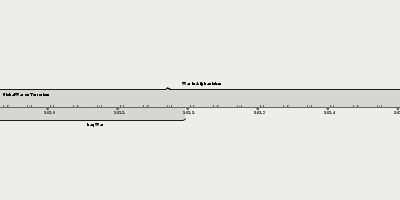War in Iraq (30 dez 2013 ano – 9 dez 2017 ano)
Descrição:
The War in Iraq was an armed conflict between Iraq and its allies and the Islamic State. Following December of 2013, the insurgency escalated into a full-scale war following clashes in parts of western Iraq, which culminated in the Islamic State offensive into Iraq in June of 2014, leading to the capture of the cities of Mosul, Tikrit and other cities in western and northern Iraq by the Islamic State. Between June 4th & 9th of 2014, the city of Mosul was attacked and later fell; following this, Prime Minister Nouri al-Maliki called for a national state of emergency on June 10th. However, despite the security crisis, Iraq's parliament did not allow Maliki to declare a state of emergency; many legislators boycotted the session because they opposed expanding the prime minister's powers. Ali Ghaidan, a former military commander in Mosul, accused al-Maliki of being the one who issued the order to withdraw from the city of Mosul. At its height, ISIL held 56,000 square kilometers of Iraqi territory, containing 4.5 million citizens.The war resulted in the forced resignation of al-Maliki in 2014, as well as an airstrike campaign by the United States and a dozen other countries in support of the Iraqi military, participation of American and Canadian troops (predominantly special forces) in ground combat operations, a $3.5 billion U.S.-led program to rearm the Iraqi security forces, a U.S.-led training program that provided training to nearly 200,000 Iraqi soldiers and police, the participation of the military of Iran, including troops as well as armored and air elements, and military and logistical aid provided to Iraq by Russia. On December 9th, 2017, Prime Minister Haider al-Abadi announced victory over the Islamic State. The Islamic State switched to guerrilla "hit and run" tactics in an effort to undermine the Iraqi government's effort to eradicate it. This conflict is interpreted by some in Iraq as a spillover of the Syrian civil war. Other Iraqis and observers see it mainly as a culmination of long-running local sectarianism, exacerbated by the 2003-2011 Iraq War, the subsequent increase in anti-Sunni sectarianism under Prime Minister al-Maliki, and the ensuing bloody crack-down on the 2012-2013 Iraqi protests.
Adicionado na linha do tempo:
Data:
30 dez 2013 ano
9 dez 2017 ano
~ 3 years and 11 months
